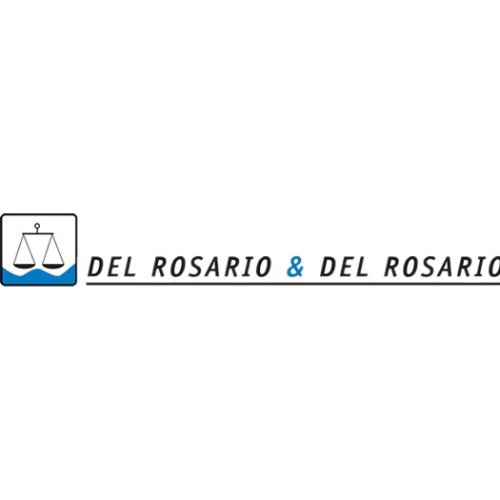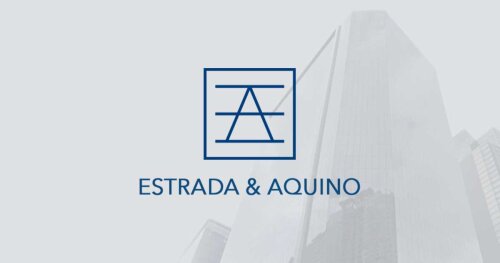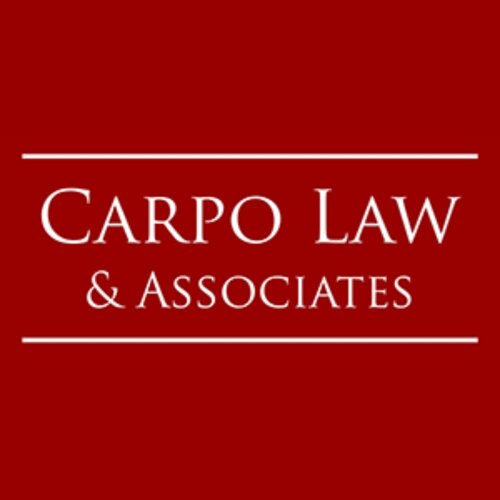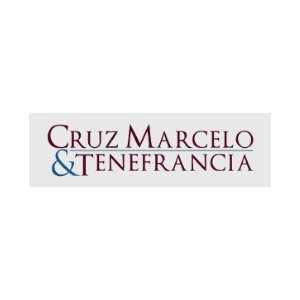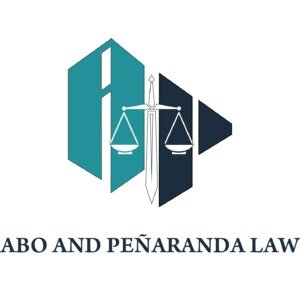Best Government Relations & Lobbying Lawyers in Taguig
Share your needs with us, get contacted by law firms.
Free. Takes 2 min.
List of the best lawyers in Taguig, Philippines
About Government Relations & Lobbying Law in Taguig, Philippines
Government relations and lobbying law in Taguig, Philippines, involves the legal regulation of interactions between government entities and private individuals or organizations aiming to influence public policy and decision-making. This sector is vital as it maintains transparency and accountability within governmental processes while enabling citizens and organizations to voice their concerns and advocate for change. Taguig, being part of Metro Manila and a hub for business activities, involves complex legal and bureaucratic processes in government relations and lobbying. Understanding how to navigate these processes is essential for effective advocacy and legal compliance.
Why You May Need a Lawyer
Individuals or organizations may require legal assistance in the field of government relations and lobbying for several reasons. Some common scenarios include:
- Organizations aiming to influence legislative changes or government policies.
- Businesses needing guidance on compliance with local, regional, or national lobbying laws.
- Individuals seeking to draft and submit formal petitions or proposals to government bodies.
- Entities involved in lobbying activities requiring representation in cases of alleged legal violations.
- Groups needing assistance in navigating bureaucratic red tape and obtaining necessary permits or approvals.
Local Laws Overview
The legal framework for government relations and lobbying in Taguig follows national laws, with local adaptations that cater to specific needs of the area. Key aspects include:
- The Anti-Graft and Corrupt Practices Act, which outlines illegal practices and penalties related to lobbying.
- Registration requirements for lobbyists, ensuring transparency in governmental interactions.
- Local government unit (LGU) regulations that may impose additional guidelines specific to Taguig.
- Code of Conduct for Government Officials and Employees, promoting ethical interactions between private entities and government officials.
- Guidelines on charitable and philanthropic activities that interact with government programs or funding.
Frequently Asked Questions
What is lobbying?
Lobbying refers to activities aimed at influencing government officials or legislation on behalf of a particular interest or advocacy group.
Are there specific registration requirements for lobbyists in Taguig?
Yes, lobbyists in Taguig must comply with national registration requirements, which include disclosing their affiliations and the nature of their lobbying activities.
Can corporations engage in lobbying?
Yes, corporations can engage in lobbying but must adhere to legal requirements for transparency and ethical conduct as per national and local regulations.
What are the penalties for illegal lobbying practices?
Penalties for illegal lobbying practices can include fines, penalties, or imprisonment, depending on the severity of the breach under the Anti-Graft and Corrupt Practices Act.
Is there a limit on the amount of money that can be spent on lobbying efforts?
While there is no specific cap, expenditures must be documented and reported to ensure transparency and avoid perceptions of undue influence.
How can I determine if my activities are considered lobbying?
Consulting with legal counsel is essential to determine if your activities fall within the legal definition of lobbying and to ensure compliance with relevant laws.
What role do local government units play in lobbying regulation?
Local government units can implement additional local regulations that complement national laws, ensuring that lobbying activities align with local governance priorities.
Is there a difference between grassroots lobbying and direct lobbying?
Yes, grassroots lobbying involves mobilizing the public to influence legislators, whereas direct lobbying involves direct interaction with legislators to sway their decisions.
How often must lobbyists report their activities?
Reporting frequency can vary, but typically lobbyists are required to report their activities on an annual or biannual basis, depending on specific regulatory requirements.
Who regulates lobbying activities in the Philippines?
The regulation of lobbying activities in the Philippines is overseen by various bodies, including the Office of the Ombudsman and other government agencies, depending on the specific context.
Additional Resources
For individuals seeking further information or assistance, consider the following resources:
- Office of the Ombudsman: Offers guidance on anti-corruption and lobbying laws.
- Department of the Interior and Local Government (DILG): Provides information on local government regulations and compliance requirements.
- Local Chambers of Commerce: Can offer support and networking opportunities for businesses engaging in lobbying activities.
- Legal service providers specializing in government relations and lobbying: Provide personalized legal advice and representation.
Next Steps
If you require legal assistance in government relations and lobbying, consider the following steps:
- Identify the specific needs or challenges you are facing that require legal assistance.
- Research and reach out to legal professionals or firms specializing in government relations and lobbying law in Taguig.
- Prepare any documentation or information relevant to your case to streamline the consultation process.
- Seek advice on compliance with local and national laws to ensure your activities are conducted ethically and legally.
- Engage legal professionals to represent your interests in interactions with government bodies, if necessary.
Lawzana helps you find the best lawyers and law firms in Taguig through a curated and pre-screened list of qualified legal professionals. Our platform offers rankings and detailed profiles of attorneys and law firms, allowing you to compare based on practice areas, including Government Relations & Lobbying, experience, and client feedback.
Each profile includes a description of the firm's areas of practice, client reviews, team members and partners, year of establishment, spoken languages, office locations, contact information, social media presence, and any published articles or resources. Most firms on our platform speak English and are experienced in both local and international legal matters.
Get a quote from top-rated law firms in Taguig, Philippines — quickly, securely, and without unnecessary hassle.
Disclaimer:
The information provided on this page is for general informational purposes only and does not constitute legal advice. While we strive to ensure the accuracy and relevance of the content, legal information may change over time, and interpretations of the law can vary. You should always consult with a qualified legal professional for advice specific to your situation.
We disclaim all liability for actions taken or not taken based on the content of this page. If you believe any information is incorrect or outdated, please contact us, and we will review and update it where appropriate.





